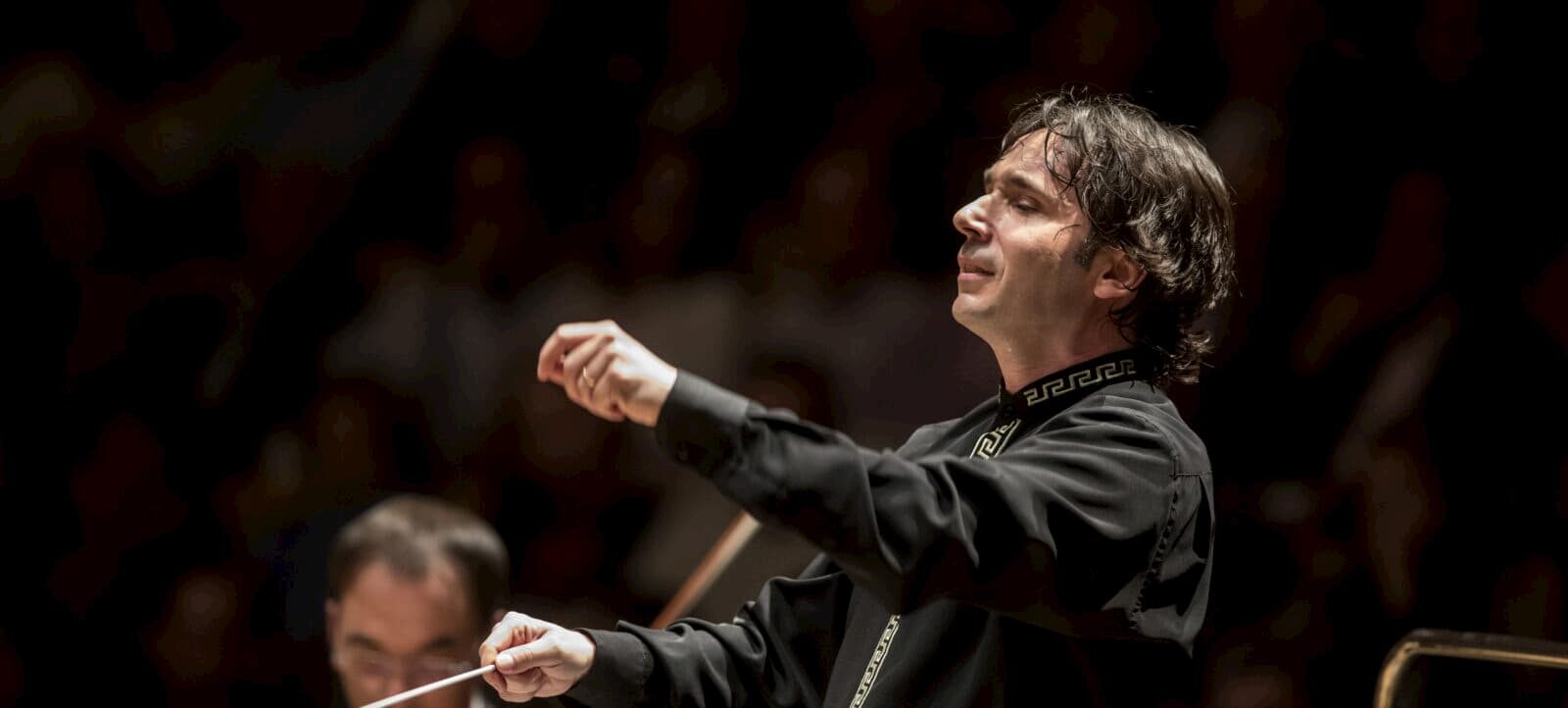
Budapest
PIANO CONCERTO NO. 1 IN B-FLAT MINOR
Online
The performance will be broadcasted on Liszt Academy’s website, Facebook page and YouTube channel.
Tchaikovsky originally intended to dedicate his work from 1874/75 to his friend Nikolai Rubinstein. However, the pianist, composer and conductor had nothing but withering criticism for the piece, and so the dedication went instead to Hans von Bülow, the first husband of Franz Liszt’s student and daughter Cosima, who premièred it in Boston in 1875. It was in 1888 that the piano concerto took on the form that the composer considered final. Crucial to the first movement are romantic pathos and passion, while the slow movement fits a diabolical scherzo into the sensual romance of its middle section. The main theme of the finale was inspired by a Ukrainian folk melody. The Allegro con fuoco, which requires exceptional instrumental skill from the pianist, culminates in a wild coda. Gábor Farkas, the soloist for the evening, is a globetrotting artist with awards from numerous international competitions under his belt. He serves as a professor at both the Tokyo College of Music and the Liszt Academy.
Beethoven wrote his Seventh Symphony in 1811/12 and premièred it in 1813, in Vienna. Following on the heels of the Fifth Symphony, with its fierce struggle against fate, and the Sixth Century, serenely singing of the harmony of nature, this work is a celebration of ecstasy and intoxication, a Dionysian creation whose sweeping dactylic rhythm is a key element. The music, most often exaggerated, is full of gestures, full of movement, so much so that one of his enthusiastic admirers, Richard Wagner, described it as “the apotheosis of dance”. With the presence of Henrik Nánási, the orchestra will be playing under the leadership of one of the outstanding conductors of our era, who as music director of Berlin’s Komische Oper twice won his ensemble the title “Opera House of the Year”.

